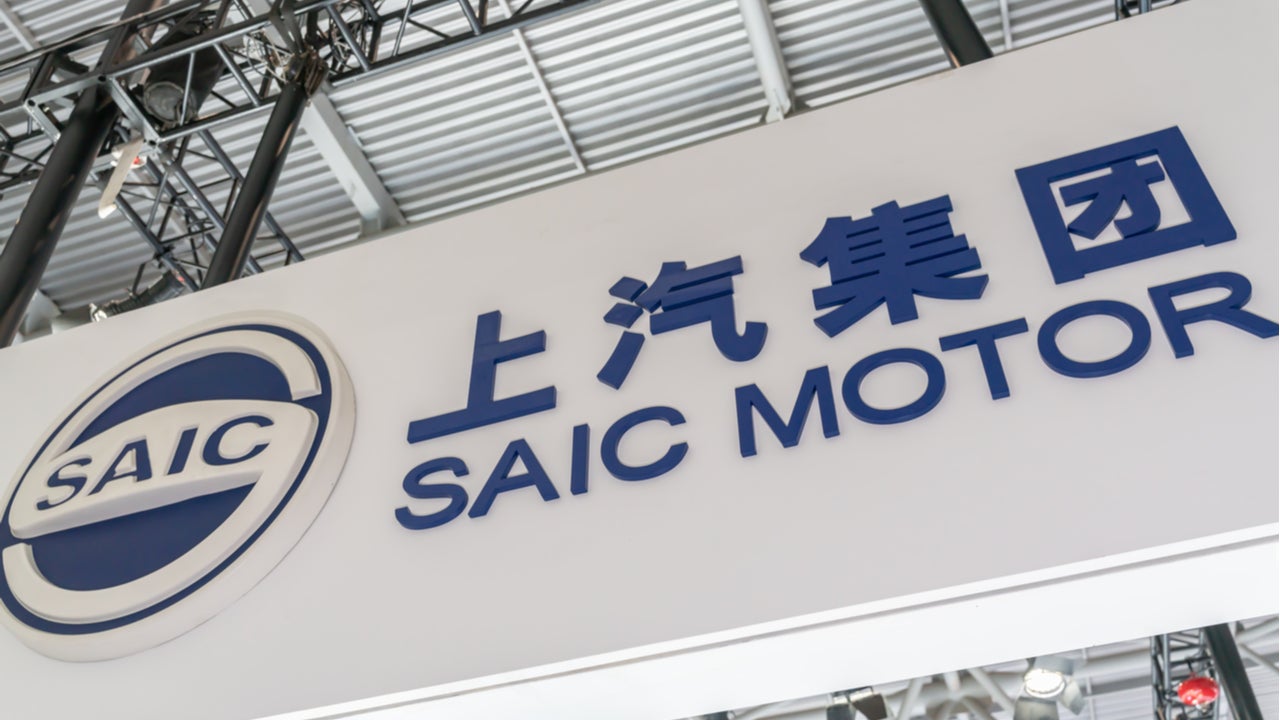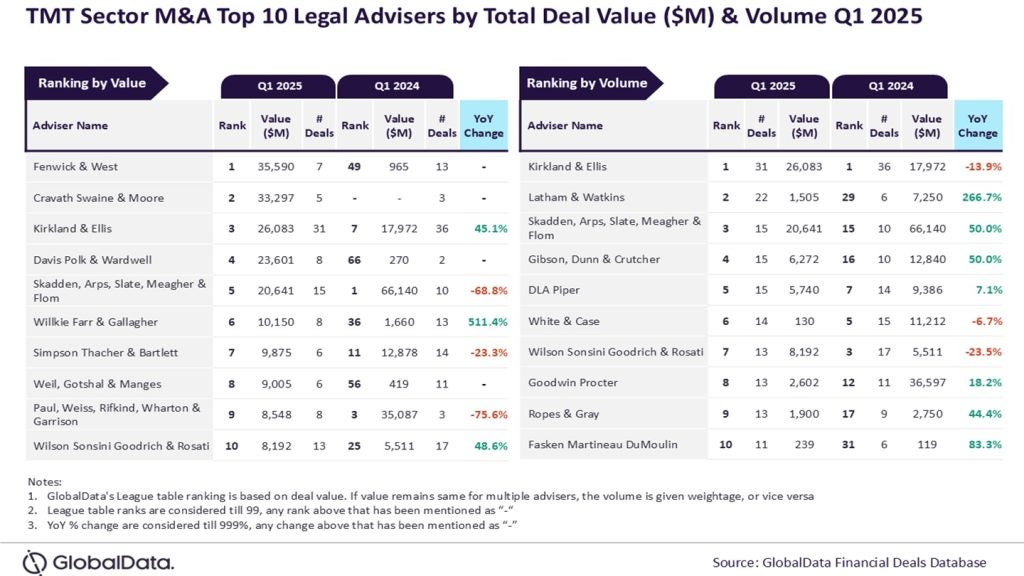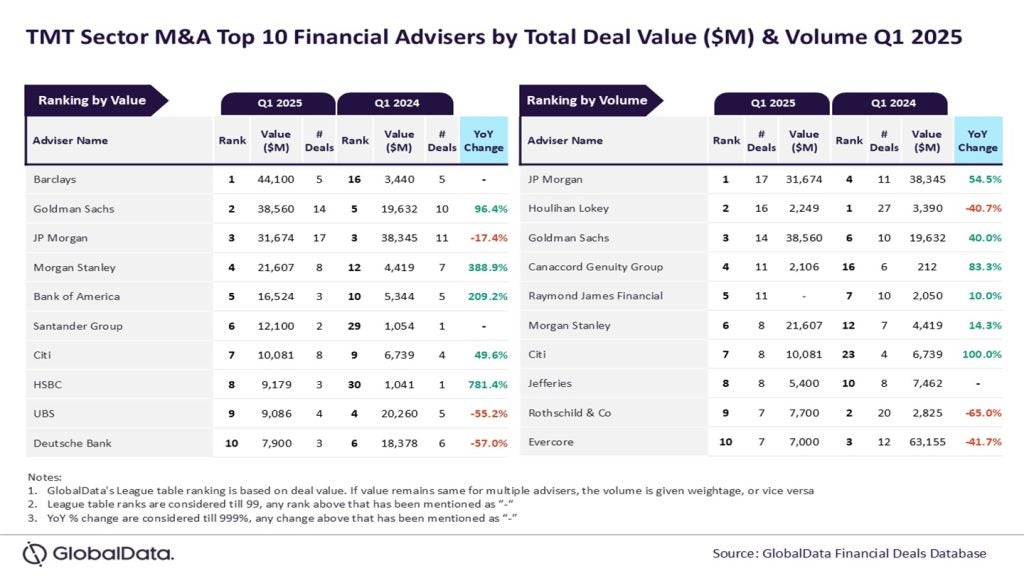
SAIC Motor Corporation (formerly known as Shanghai Automotive Industry Corporation) has announced its plans to become a market leader in next-generation car battery systems, autonomous driving and software technology.
Amid China’s race to become a global technology powerhouse, the Chinese state-owned car manufacturer set a series of goals for its businesses, including battery technology, autonomous driving, software technology, software-defined vehicles and mechanism reform.
At the end of 2021 SAIC Motor plans to start production of new-generation upgradeable power batteries that feature zero thermal runaway and high cost-effectiveness, which are capable of fast charging and fast battery swap. In 2025, the automaker will begin manufacturing solid-state batteries.
As for autonomous driving technology, SAIC Motor will deploy its robotaxi service in Shanghai and Suzhou this year and in Shenzhen next year. In 2025, the company expects its robotaxi fleet to have roughly 10,000 autonomous cars and plans to put Level 4 (L4) intelligent driving cars into scale production.
L4 smart cars are considered fully autonomous, although a human driver can still request control and the car still has a cockpit. The driver, however, must remain capable of taking over control in case of an emergency. L5 autonomous vehicles, in comparison, do not need a driver.
SAIC Motor also said it would lead the industry in setting up technical centres dedicated to software development, big data, artificial intelligence (AI), cloud computing and cybersecurity, and making the full-domain core software developed in-house.

US Tariffs are shifting - will you react or anticipate?
Don’t let policy changes catch you off guard. Stay proactive with real-time data and expert analysis.
By GlobalDataIn a post on Chinese social media, the company also revealed its new “blue planet, rising sun” logo, which it says reflects SAIC Motor’s goal to become a “leading green technology company”.
In addition, SAIC Motor will foster up to 14 technology and innovation companies, particularly SHPT (Shanghai Hydrogen Propulsion Technology), Heading Data Intelligence and Lianchuang Electronics, which will all go public as independent entities in the next three years.
China’s booming automotive industry
As spending power in China further increases, the automotive industry has become a booming market. When asked how Chinese car manufacturers could get ahead in the industry, Chairman of SAIC Motor Chen Hong responded that business strategies needed to adopt “a comprehensive transformation to a user-oriented high-tech company”. He added that the “made in China” label could not be regarded as “simple” products anymore.
China is now the world’s largest automobile market, both in terms of demand and supply. As the world turns to sustainable solutions in recent years, Chinese consumers have jumped onto the electric vehicle (EV) market. In response, many tech companies have announced partnerships with car manufacturers in hopes of tapping into the growing demand for EVs and smart vehicles.
Smartphone brands Huawei and Xiaomi have both signed deals with car brands, while search engine Baidu and cybersecurity firm Qihoo 360 have also entered into partnerships with automotive companies to produce smart vehicles.
China has also become a lead actor in the transition to next-generation lithium-ion batteries. According to BloombergNEF’s supply chain ranking, China controlled 80% of the raw material refining, 77% of the cell capacity and 60% of the component manufacturing worldwide in 2020. As consumers increasingly turn to electric driving, battery production will undoubtedly become a more contested field in the global standoff between China and the West.






